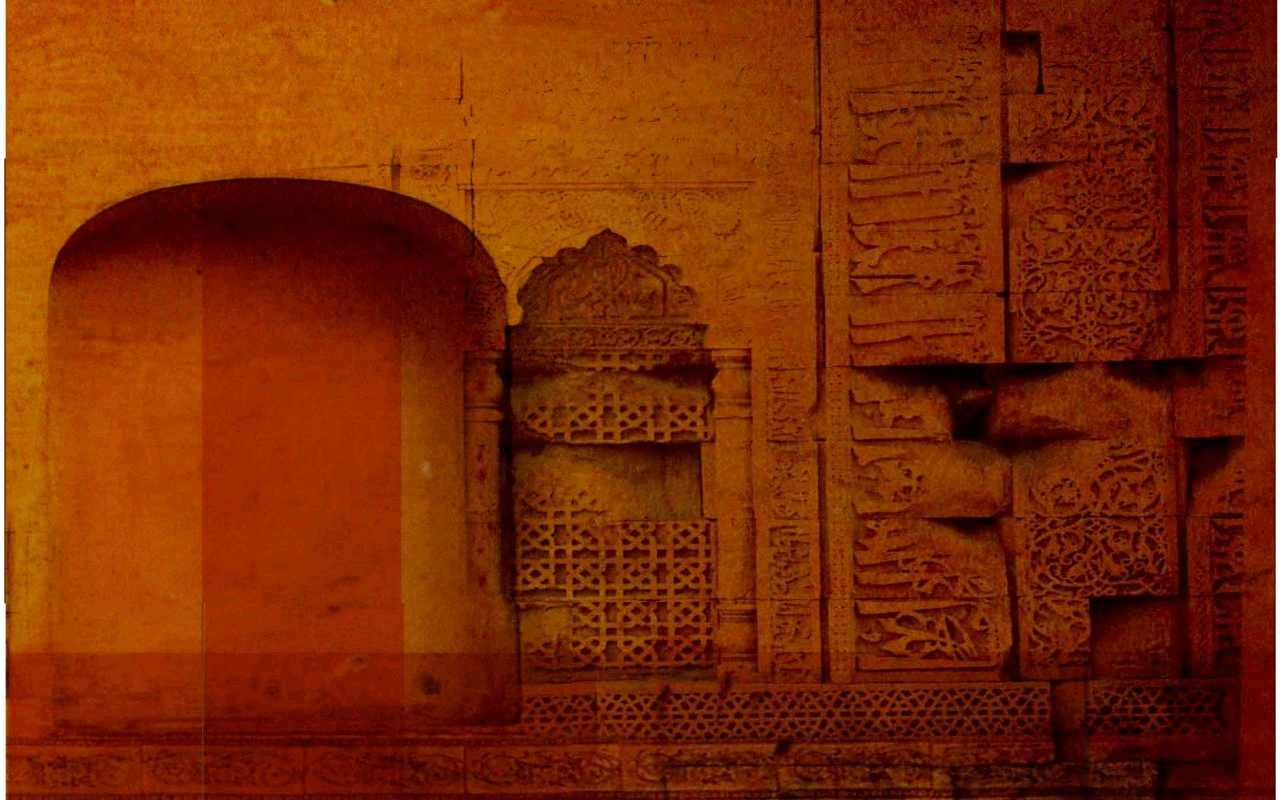Chetan Bhagat
It is not often that a personality like Chetan Bhagat is born. As a writer he is highly successful, having sold more novels than any other Indian. He can tell a story that will grip the one who has little time for more serious reading. Yet there is some seriousness in the comic drama of his novels. How does he manage to bring such success to his art?
The answer is that he has his eye on what will appeal to the majority. This is an age when numbers will decide what the best is. It is something like the phenomenon that America decides what the rest of the world should consider best. Bhagat knows how to ride the wave of success which most other writers fail to ride. The wave of success means providing the most basic elements of fiction for the reader in an accessible style – first and foremost providing what is different to the most typical love story by giving it an intellectual and contemporary turn. Roughly, this has been the formula used by some of the best popular writers all over the world. The tried and trusted home that successful novelists have been drawn to is to provide tension and then relieve it in the end. At the same time these books remain closely linked to some of the pressing social problems that people face and identify with. Bhagat’s themes involve youngsters and in India the majority of the readers are youngsters.
More significantly, Chetan Bhagat knows how to dive straight into the cross-section of life. He never beats about the bush and wastes neither his time nor the reader’s in creating the world, and setting, in which his novel is placed. His setting, and world, gradually emerges out of the story and its telling. He can be compared to one who is street smart rather than accomplished. Whatever literary art he boasts of is what he has gathered on his own pulses. It is as though writing before him hardly happened. He cares little if it did. The man has confidence in his own ability to grip the reader and that is what matters.
The novelist who will succeed in India must be as professional as Chetan Bhagat. Bhagat is always on the move, speaking to youngsters and other audiences in assemblies of people and through the media. He even writes for The Times of India, taking no chances. In addition, he writes in a genre that will lend itself well to the contemporary Hindi film. Bhagat fulfills every requirement for today’s writer and needs every possible praise for his achievement. He has changed the way authors thought and wrote fiction and there are several others who have written like him and succeeded.
Statistics show that Chetan Bhagat is not read as much outside India. But that matters little because he writes for his country. In the eighteenth century when the novel was born in England, it aimed at the middle class reader, who was not as literary as the reader of poetry and literary prose, just as Bhagat aims his novels at the reader interested in lighter stuff. After some more decades we may have others outdoing Bhagat by diluting their novels even further. Ultimately it is the number of copies sold that matters. Publishers will always need writers like him because for him the market matters more than anything else and that is a need of today’s publishing industry as well. It is a matter of demand and supply and the writer who fails to realize this is wasting his time.
Lakshmi Raj Sharma
- How Authors Can Sell More Books - April 11, 2018
- Pure Fiction - December 13, 2017
- I Think I Know - December 12, 2017

Comments